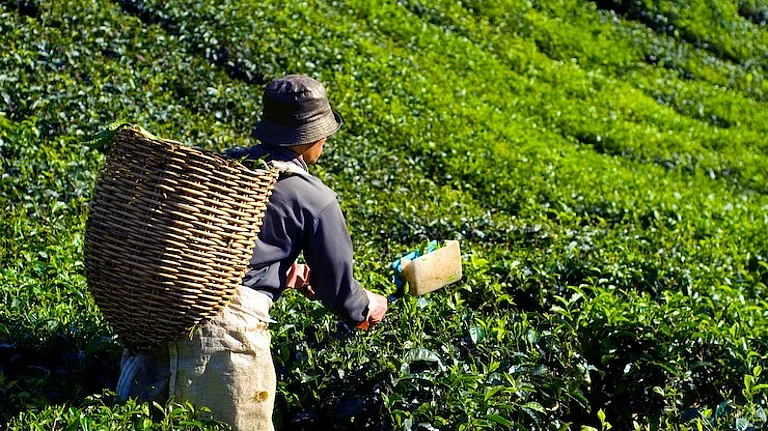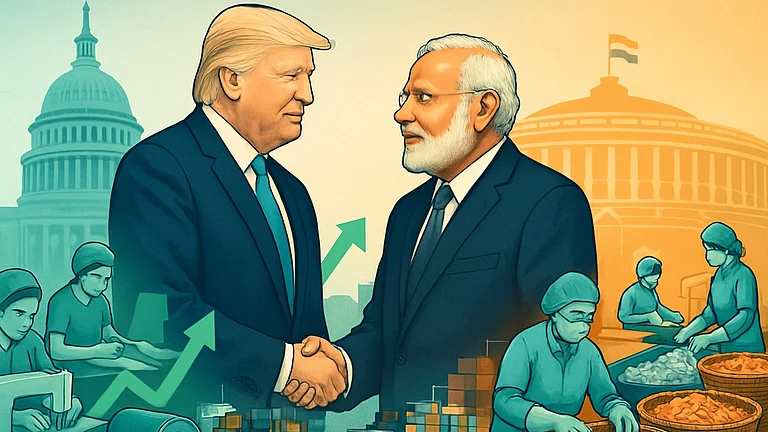India is unlikely to permit American imports of genetically modified (GM) corn and soybeans, under the trade agreement that India and the United States (US) are currently having talks about.
“Some things are a matter of principle,” the source told The Indian Express, citing the government’s position on the matter.
Under the trade deal negotiations, market access for agricultural products has been one of the key demands from the US. It has also been one of the most contentious issues between both countries. Even in the past, the US Trade Representative (USTR) had pointed out several countries’, including India’s rules on GM products as non-tariff barriers.
According to a June 2025 report by Business Standard, affiliates of the Sangh Parivar also asserted that the India-US trade agreement is unlikely to materialise if America continues to be “stubborn” about securing market access for genetically modified (GM) crops. In the past, The Bharatiya Kisan Sangh (BKS) and Swadeshi Jagran Manch (SJM) had flagged the issue that concessions to the United States (US) in the agriculture sector, including dairy products, could impact the country’s food security.
Government officials had earlier said that negotiations with the US will take place in the second half of August. When asked if an interim deal is possible before August 1, an official told PTI, "There could be a possibility."
US President Donald Trump will implement tariffs on August 1,with Commerce Secretary Howard Lutnick confirming that the US will not offer any extensions to its tariff deadline, according to AFP. India could face up to 26% reciprocal tariff from August 1 if both countries fail to reach an agreement by the repeatedly changing deadline.
India's Stance on GM Produce
India remains steadfast in its refusal to concede on genetically modified (GM) corn and soybeans under the ongoing US–India trade agreement talks, citing firm “red lines” in agriculturally sensitive areas.
“There’s no way we could do anything that would weaken our agriculture, our farmers’ positions,” Finance Minister Nirmala Sitharaman told Financial Express.
Despite the reluctance, India has shown a subtle shift by showing willingness to accept certain GM products such as corn-based DDGS or certain soybean meal used for animal feeds. Meanwhile, India has explicitly barred entry of GM commodities into the human food chain, according to ET report.
Economic think tank GTRI on July 5, 2025 warned that allowing genetically modified (GM) farm products from the US under the proposed trade pact would have implications for India as it may affect the country's agri exports to regions like the European Union.
India's fragmented agri-logistics and lack of segregation infrastructure make cross-contamination likely, risking trace GM presence in export consignments, GTRI Founder Ajay Srivastava told PTI.
"This could lead to shipment rejections, higher testing costs, and erosion of India's GMO-free image, especially in sensitive sectors like rice, tea, honey, spices, and organic foods. Without robust traceability and labelling systems, GM feed imports could hurt India's export competitiveness in the EU," he said.

































